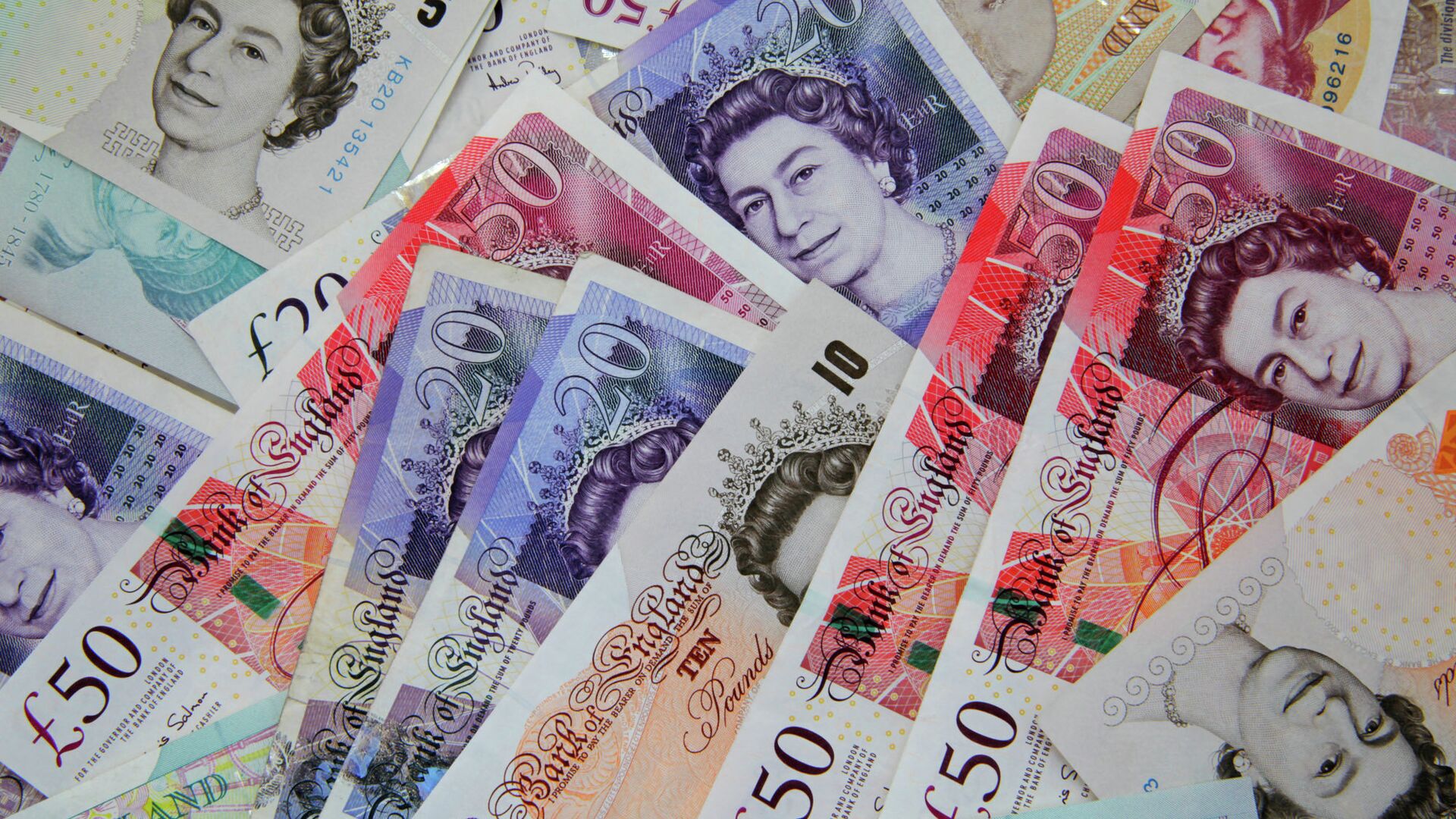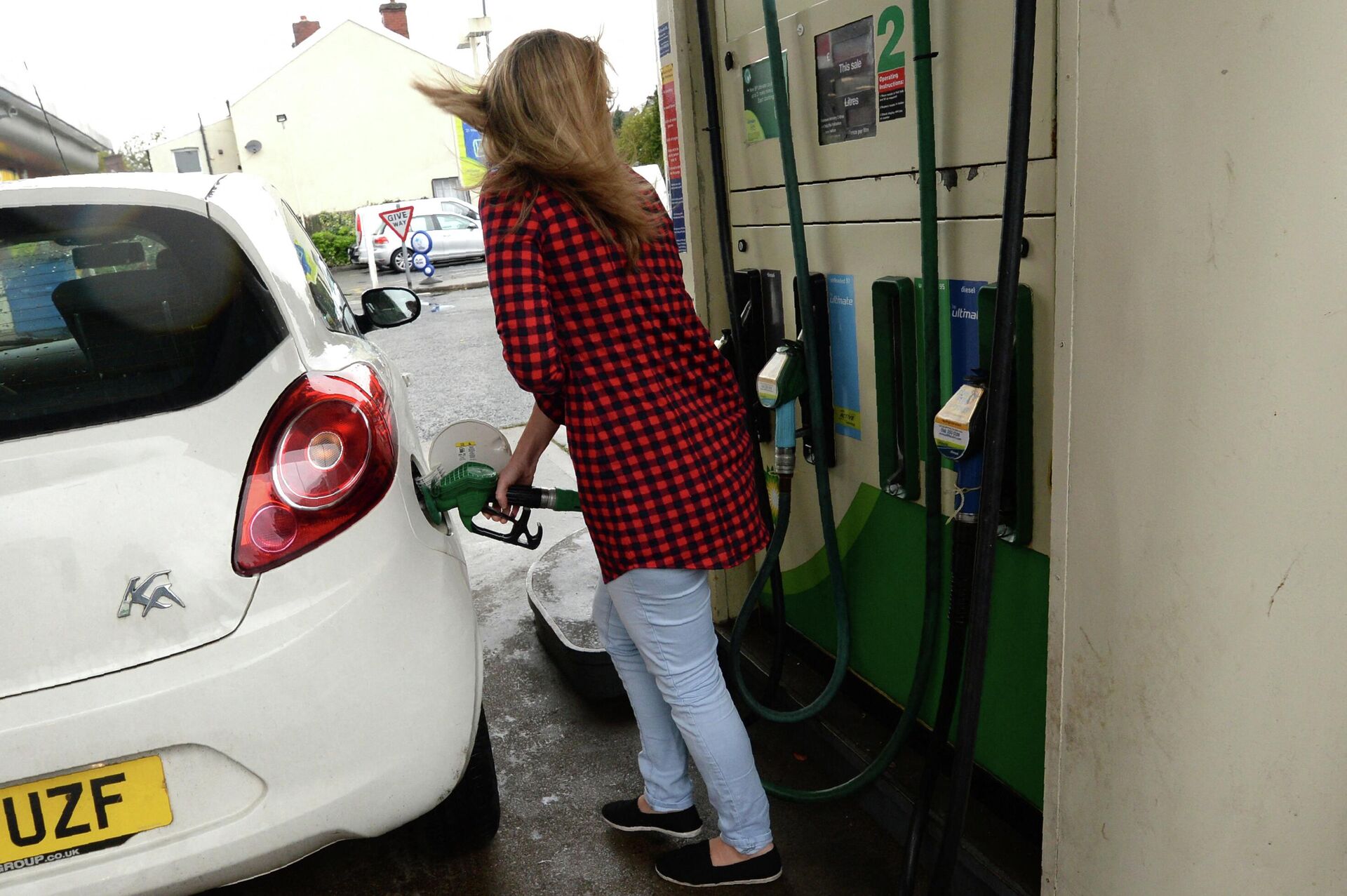https://sputnikglobe.com/20220701/uk-treasury-rejects-proposals-to-cut-vat-to-ease-skyrocketing-prices-and-inflation-reports-say-1096859718.html
UK Treasury Rejects Proposals to Cut VAT to Ease Skyrocketing Prices and Inflation, Reports Say
UK Treasury Rejects Proposals to Cut VAT to Ease Skyrocketing Prices and Inflation, Reports Say
Sputnik International
UK Treasury Rejects Proposals to Cut VAT to Ease Skyrocketing Prices and Inflation, Reports Say
2022-07-01T11:04+0000
2022-07-01T11:04+0000
2023-05-28T15:20+0000
value added tax (vat)
taxes
taxation
uk treasury
stephen barclay
steve barclay
inflation
united kingdom (uk)
https://cdn1.img.sputnikglobe.com/img/19190/95/191909518_0:85:2000:1210_1920x0_80_0_0_fe2ec34f73395a032353aee0fa55c547.jpg
One source was cited as saying that UK Cabinet chief of staff Steve Barclay proposed reducing the 20% headline rate of the tax during the meeting with the British Treasury over the past fortnight so that millions of Britons could cope with rising prices and inflation. Barclay stressed that the cut would ease the tax burden and have "de-inflationary" effect in the UK, where inflation hit a 40-year record in late June, soaring to 9.1%.The Treasury voiced concerns, however, that the cut in taxes would fuel inflation by overstimulating the economy and would cost the government about 18 billion pounds ($21.7 billion) in the event of cutting VAT to 17.5%.Another source said that a potential VAT cut was discussed by the Treasury last month and was rejected as it raised concerns that a temporary fall in inflation would be followed by a longer and deeper decrease in the economy.The Times also cited a UK Cabinet minister as saying that officials were privately urging UK Prime Minister Boris Johnson to cut taxes in the UK as soon as possible, as he repeatedly pledged to do. A minister said that Johnson needed to "electrify" voters by cutting taxes, with VAT cut being one option under discussion.Johnson told members of parliament in a letter last month that the government "will of course devote all our energy to reducing the biggest single household outgoing of all — the tax bill," adding that "it must come down, and it will, because that is the best way to deliver the growth we need."Currently, VAT in the UK stands at 20% except on food, children's clothes, and some other items. The UK government enforced emergency VAT cuts in previous years during financial crises to stimulate economic growth and consumer spending.
united kingdom (uk)
Sputnik International
feedback@sputniknews.com
+74956456601
MIA „Rossiya Segodnya“
2022
Sputnik International
feedback@sputniknews.com
+74956456601
MIA „Rossiya Segodnya“
News
en_EN
Sputnik International
feedback@sputniknews.com
+74956456601
MIA „Rossiya Segodnya“
Sputnik International
feedback@sputniknews.com
+74956456601
MIA „Rossiya Segodnya“
uk treasury rejects proposals to cut vat to ease skyrocketing prices and inflation, reports say
uk treasury rejects proposals to cut vat to ease skyrocketing prices and inflation, reports say
UK Treasury Rejects Proposals to Cut VAT to Ease Skyrocketing Prices and Inflation, Reports Say
11:04 GMT 01.07.2022 (Updated: 15:20 GMT 28.05.2023) MOSCOW (Sputnik) - The UK government has consistently rejected proposals to cut value added taxes in the country to mitigate effects of soaring energy and food prices and inflation, The Times reported on Friday, citing unnamed sources.
One source was cited as saying that UK Cabinet chief of staff Steve Barclay proposed reducing the 20% headline rate of the tax during the meeting with the British Treasury over the past fortnight so that
millions of Britons could cope with rising prices and
inflation. Barclay stressed that the cut would ease the tax burden and have "de-inflationary" effect in the UK, where inflation hit a 40-year record in late June, soaring to 9.1%.
"Steve’s been pushing it quite strongly but the Treasury is not buying it," the source said, adding that "Steve has reinforced to ministerial colleagues that decisions on tax need to be taken by the prime minister and chancellor and that in exploring options, colleagues need to follow up on the commitments the prime minister made in his letter to MPs at the time of the leadership vote."
The Treasury voiced concerns, however, that the cut in taxes would fuel inflation by overstimulating the economy and would cost the government about 18 billion pounds ($21.7 billion) in the event of cutting VAT to 17.5%.
Another source said that a potential VAT cut was discussed by the Treasury last month and was rejected as it raised concerns that a temporary fall in inflation would be followed by a longer and deeper decrease in the economy.
The Times also cited a UK Cabinet minister as saying that officials were privately urging UK Prime Minister Boris Johnson to
cut taxes in the UK as soon as possible, as he repeatedly pledged to do. A minister said that Johnson needed to "electrify" voters by cutting taxes, with VAT cut being one option under discussion.
Johnson told members of parliament in a letter last month that the government "will of course devote all our energy to reducing the biggest single household outgoing of all — the tax bill," adding that "it must come down, and it will, because that is the best way to deliver the growth we need."
Currently, VAT in the UK stands at 20% except on food, children's clothes, and some other items. The UK government enforced emergency VAT cuts in previous years during financial crises to stimulate economic growth and consumer spending.


